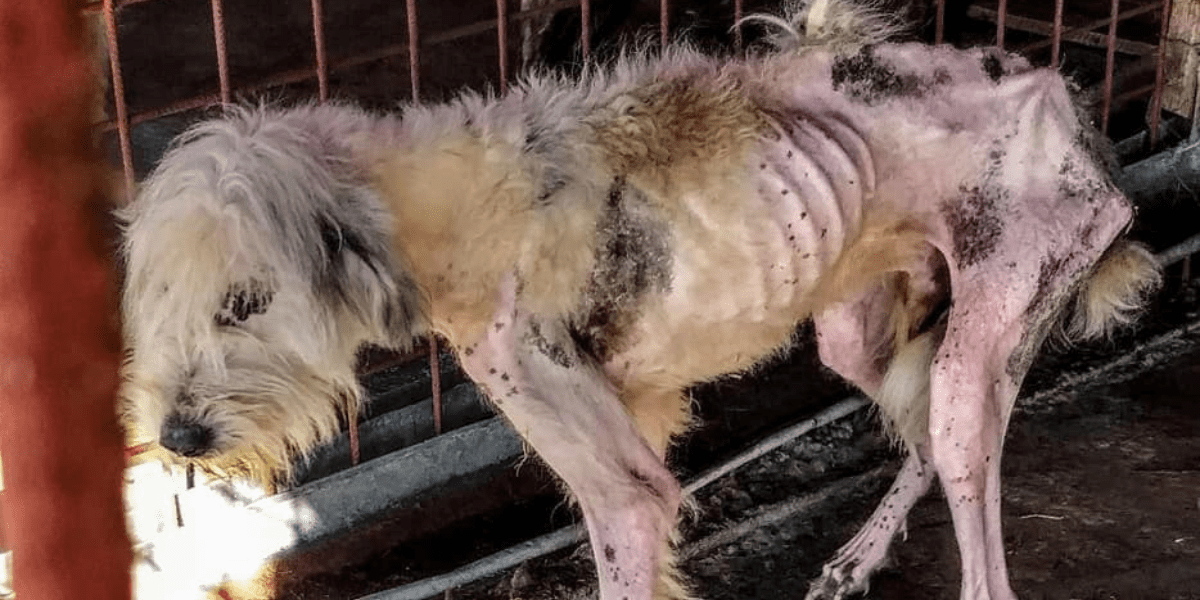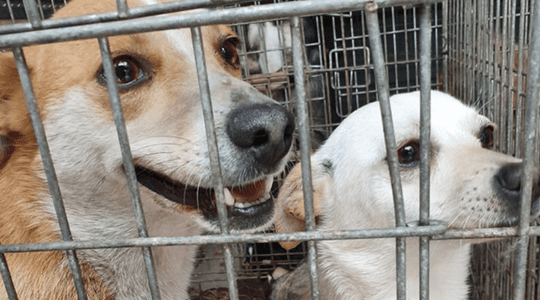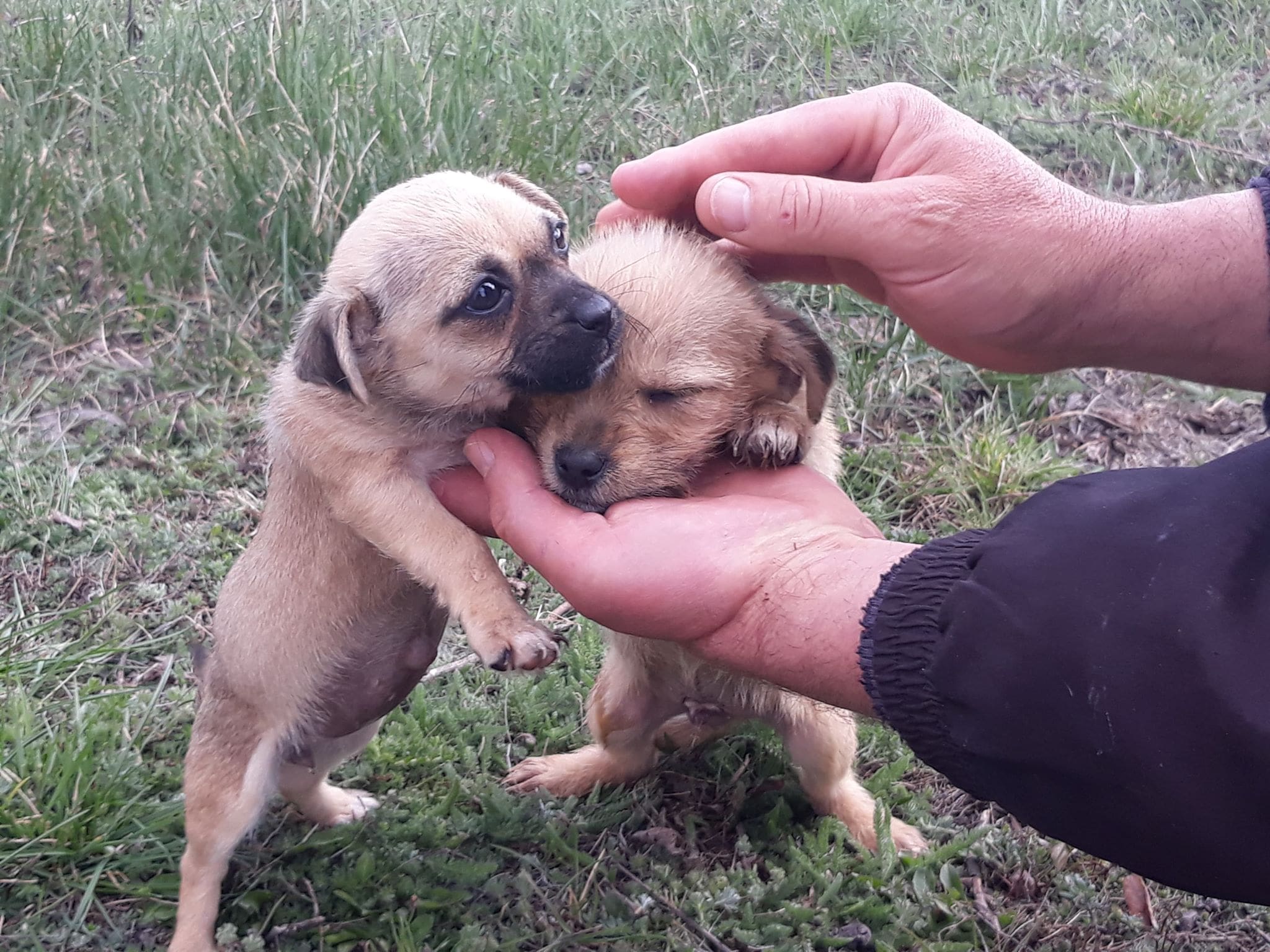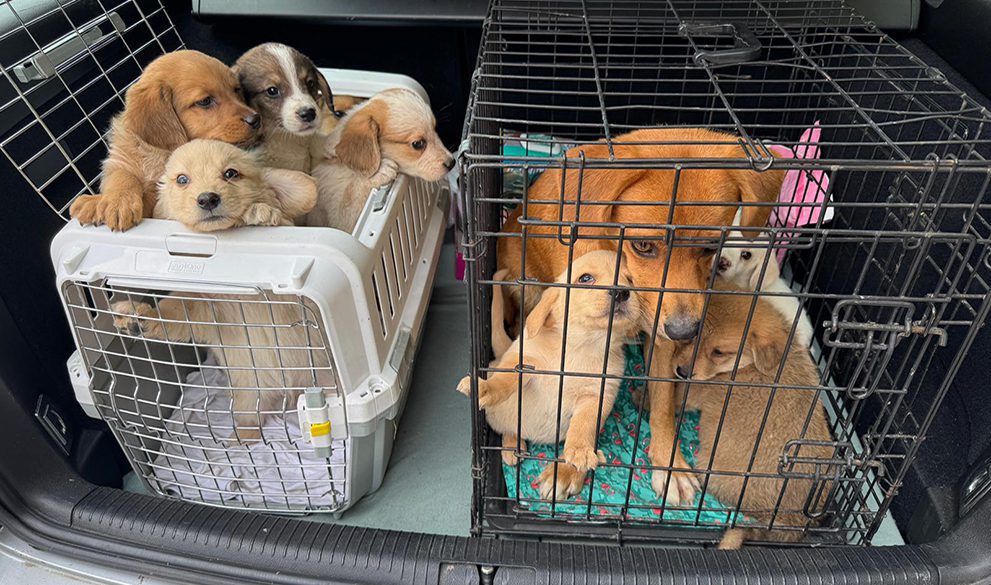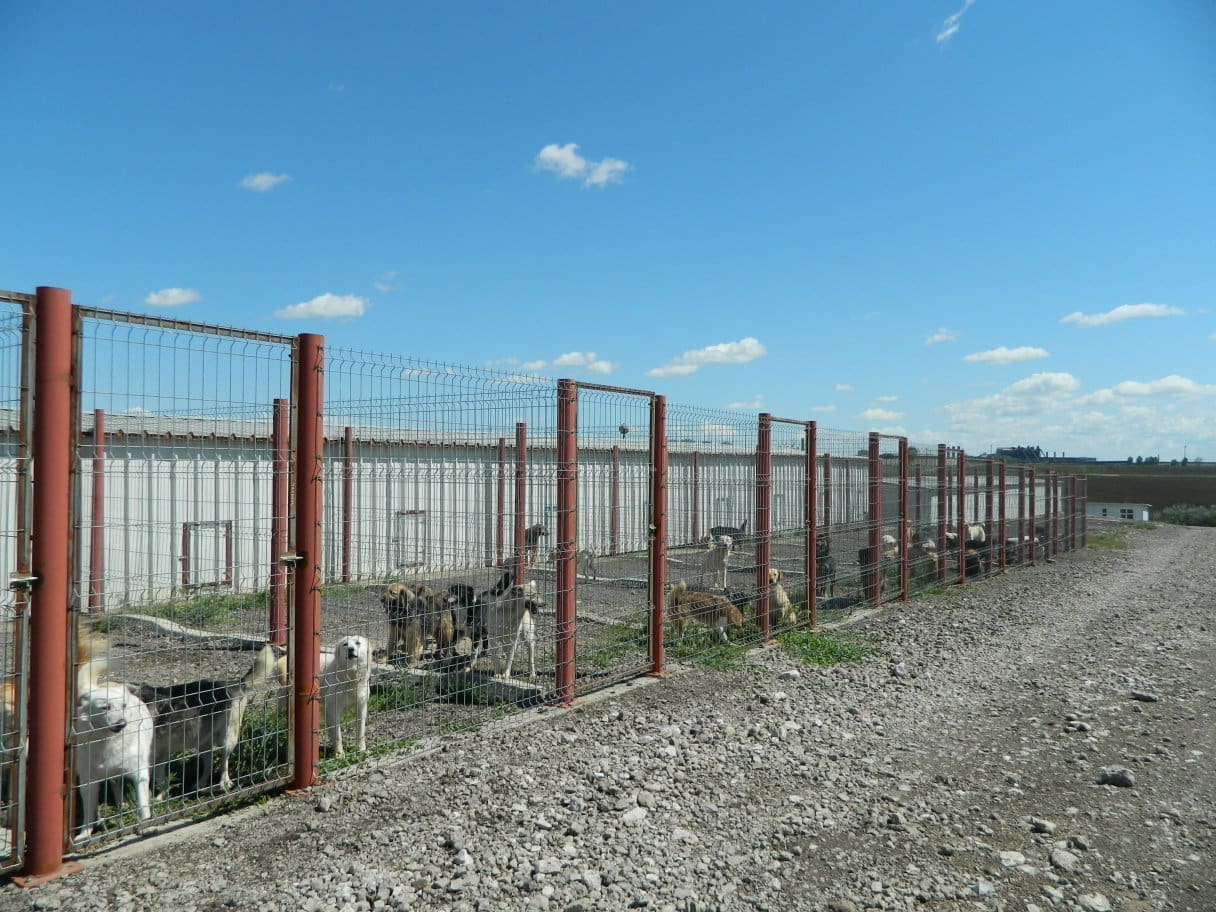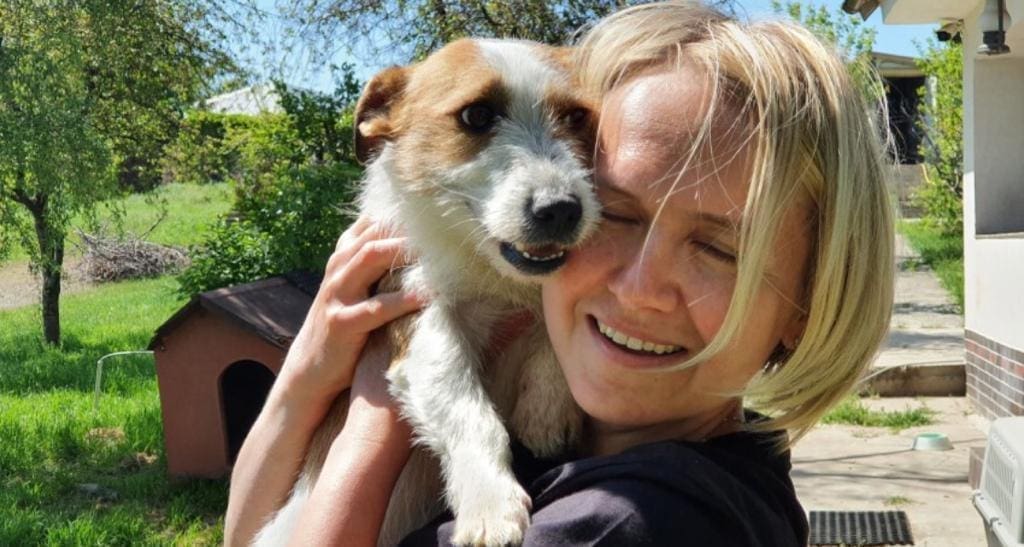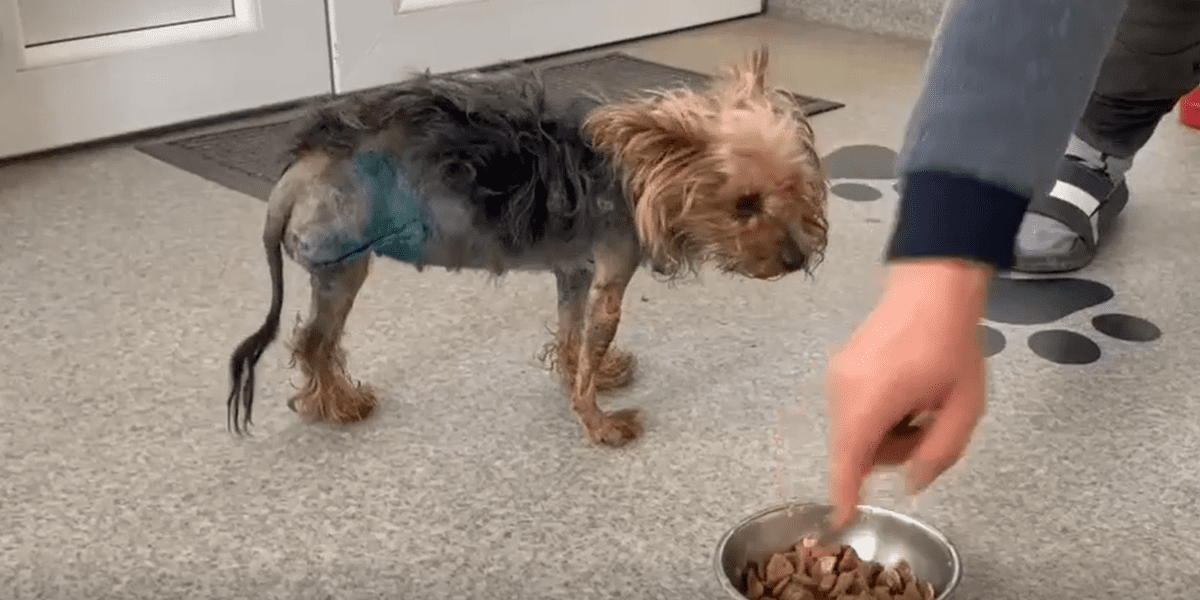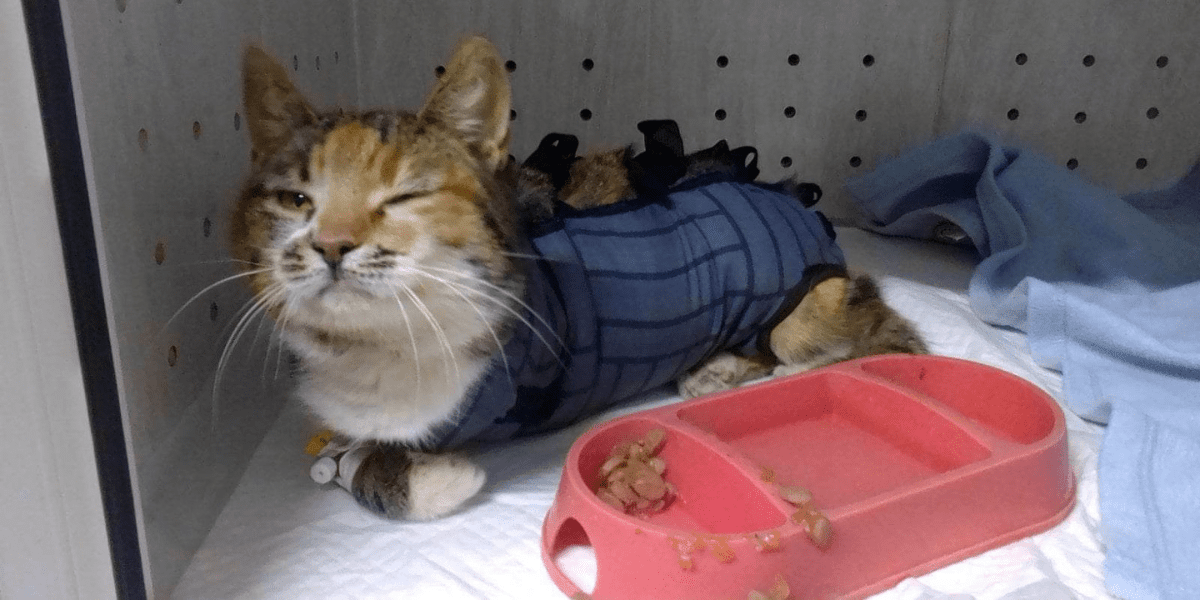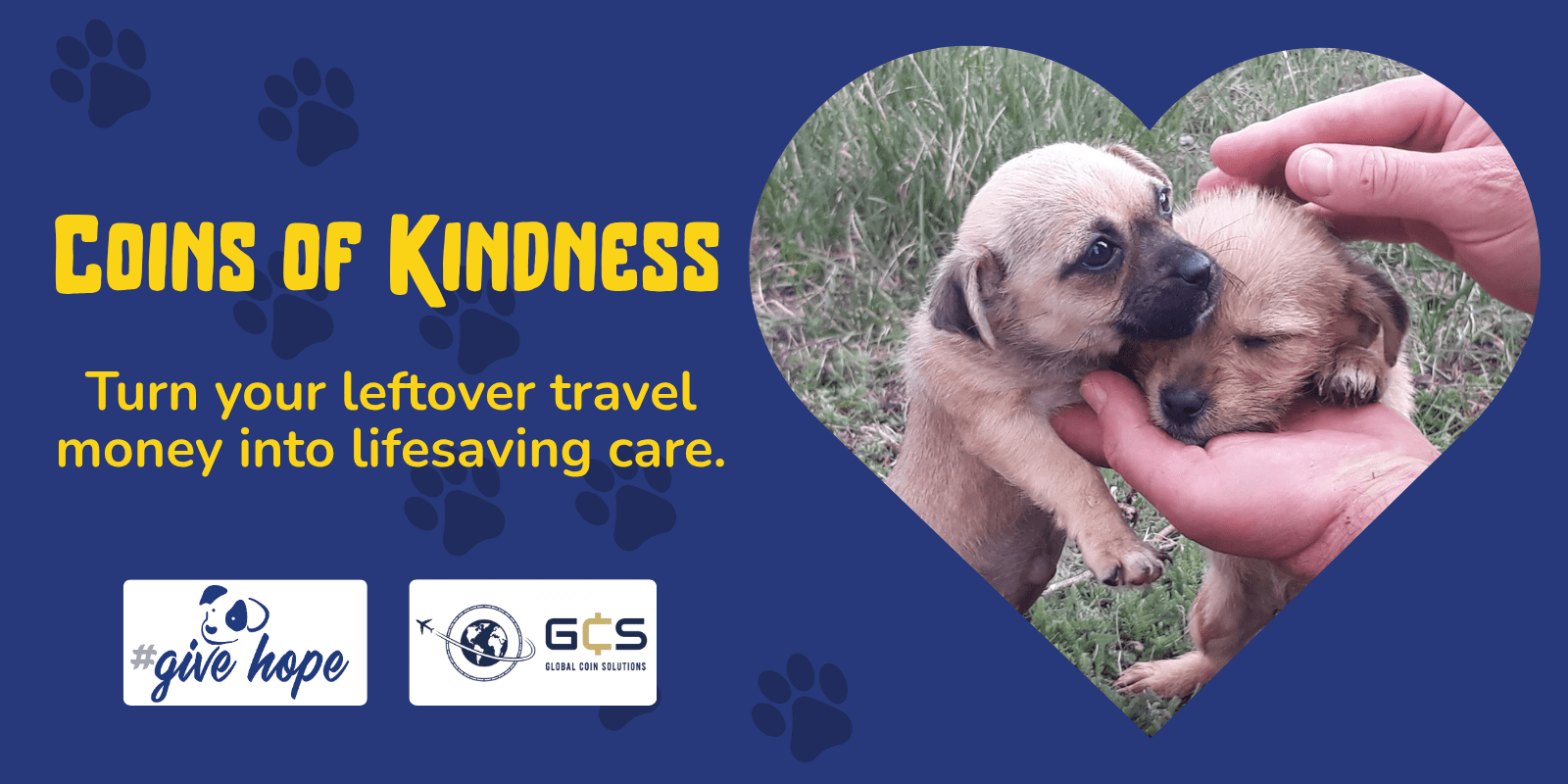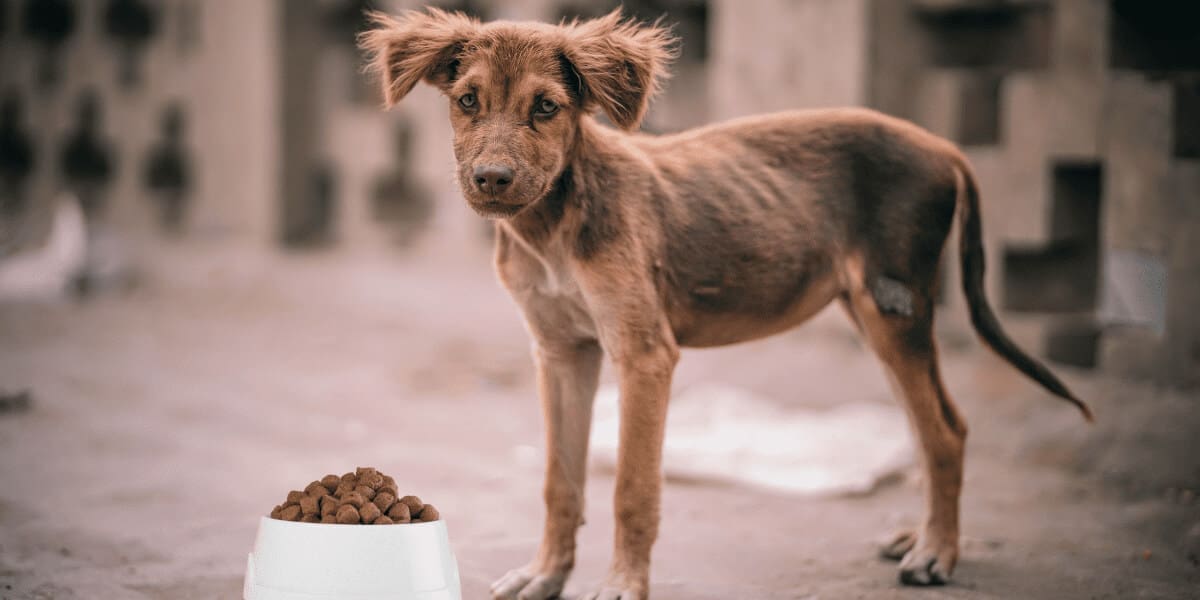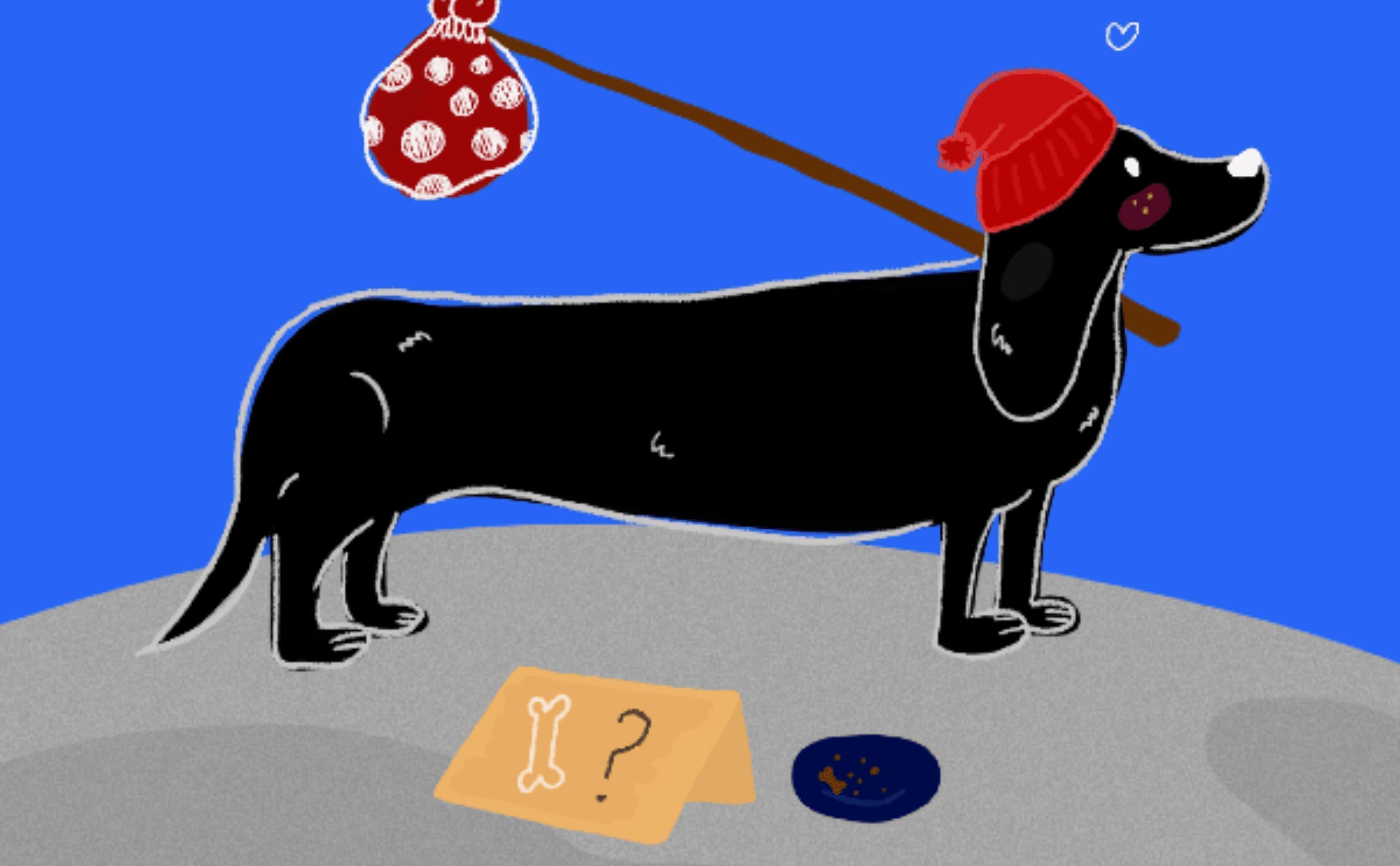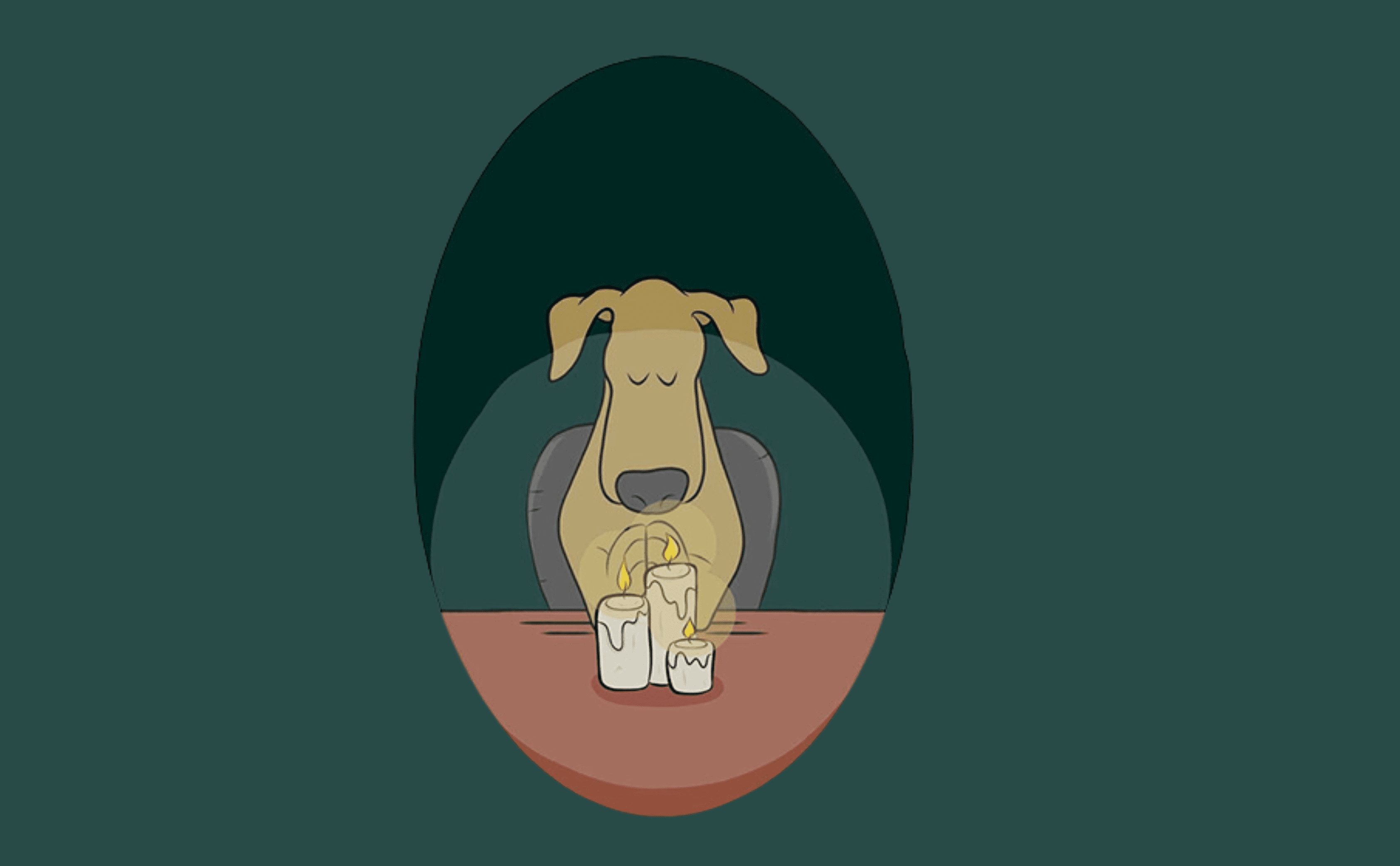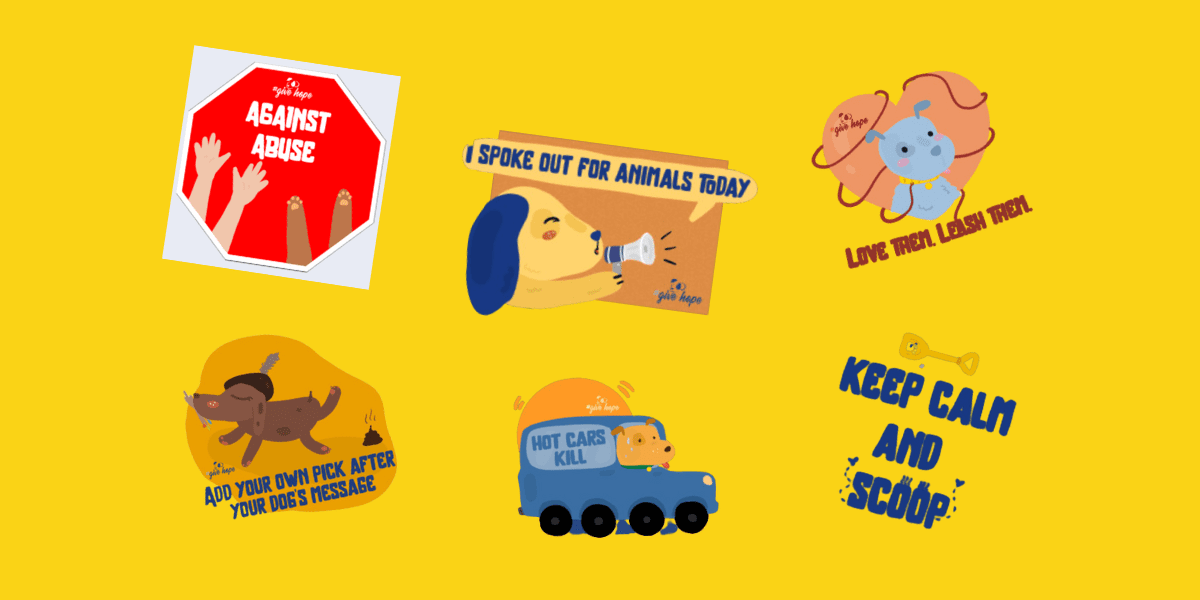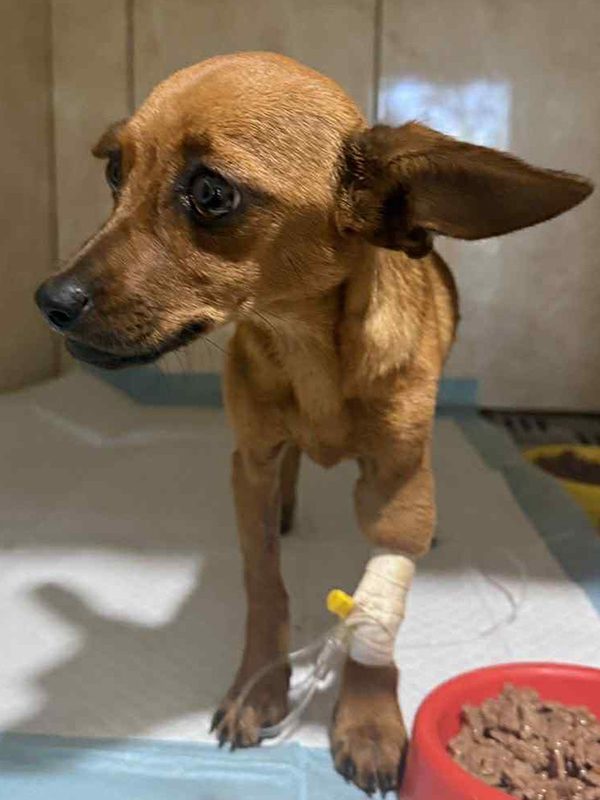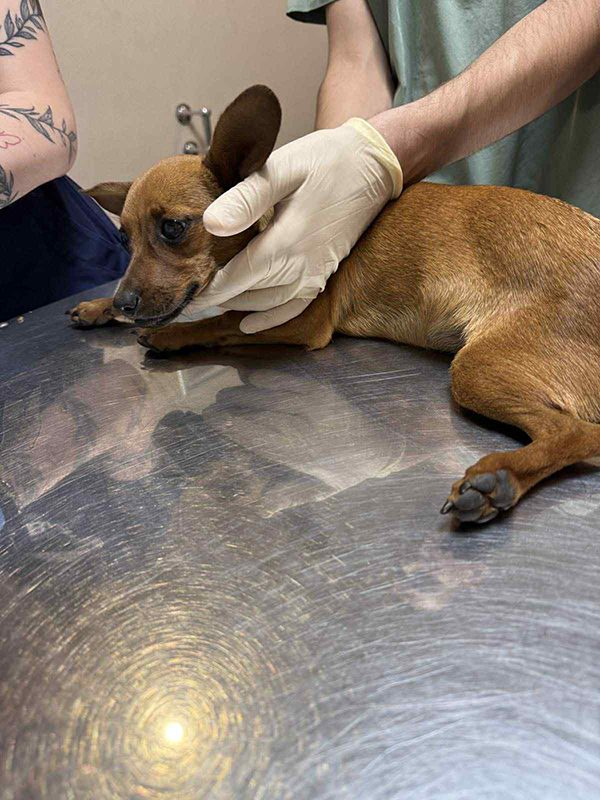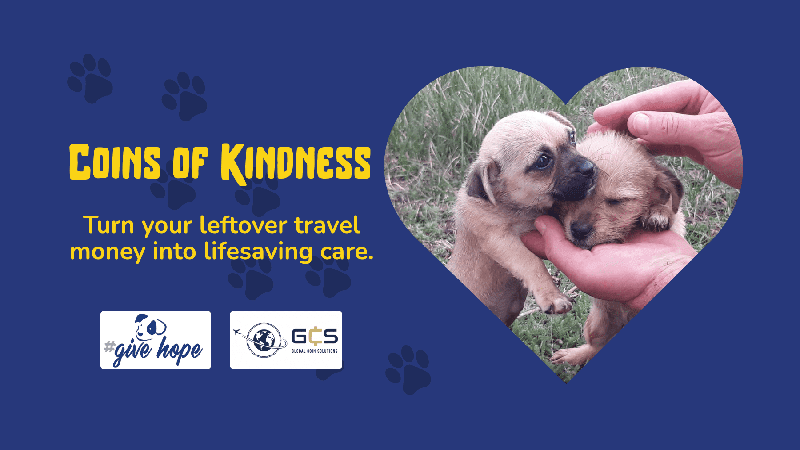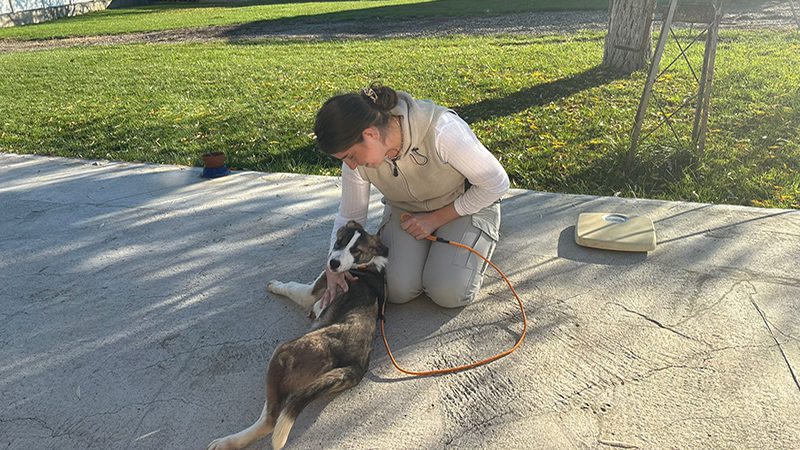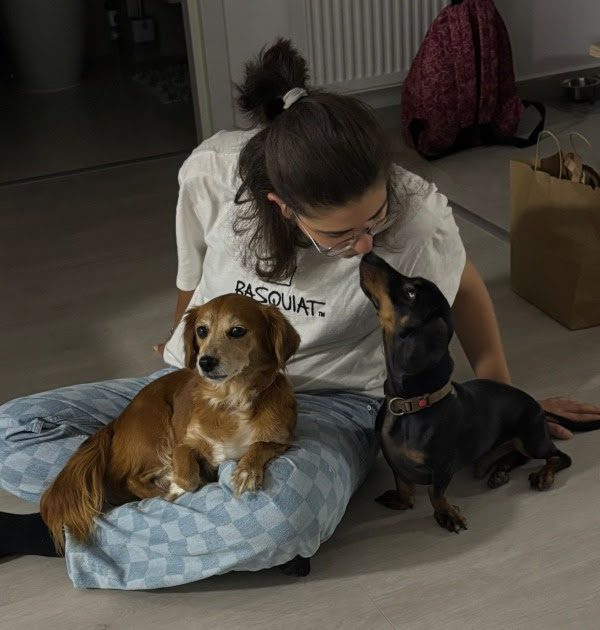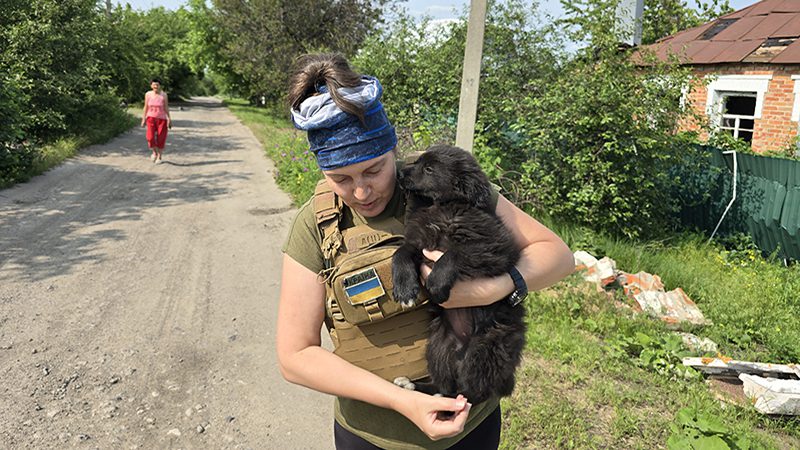The Invisible Killer

When the young dog arrived at a ROLDA Rescue Team Ukraine shelter, she wasn’t bleeding. There were no obvious wounds, no visible signs of trauma that would make someone stop and say, “This animal needs urgent help.”
But our experienced veterinary team knew better.
She was lethargic, her eyes dull with exhaustion. Her body was wasting away despite attempts to feed her. Severe diarrhea and vomiting had left her dangerously dehydrated. What appeared to be general weakness was actually something far more serious: enteritis, a potentially deadly inflammation of the intestines.
For dogs already weakened by life on the streets—malnourished, unvaccinated, fighting just to survive—enteritis doesn’t need long to become a death sentence.
The Disease That Hides in Plain Sight
Enteritis attacks the lining of the small intestine, destroying the body’s ability to absorb nutrients and fluids. What follows is a devastating spiral: exhaustion, rapid weight loss, dehydration, and in severe cases—especially among puppies—death.
The causes vary. Viruses, bacteria, parasites, contaminated food or water—any of these can trigger the inflammation. In overcrowded conditions where sanitation is difficult to maintain, a single infected dog can transmit it to others, creating a chain reaction that can devastate an entire shelter.
When War Makes Everything Harder
In Ukraine, the challenges have intensified. Medical supplies are scarce. Veterinary resources are stretched impossibly thin. Volunteer teams work around the clock but are overwhelmed by the sheer number of animals arriving—frightened, injured, malnourished, and often carrying diseases that went untreated on the streets.
In these circumstances, enteritis can go unnoticed, mistaken for simple malnutrition or general weakness until it’s far too late. By the time symptoms become impossible to ignore, the dog may already be in critical condition.
The war has created the perfect conditions for enteritis to spread: high numbers of stray dogs, limited access to veterinary care, overcrowded temporary shelters, and the constant struggle to maintain proper sanitation when resources are scarce.
Breaking the Chain
Here’s what gives us hope: enteritis is treatable when caught early.
With proper care—vaccinations, deworming, parasite control, clean environments, and quick intervention at the first signs of illness—we can stop this invisible killer before it takes hold. In our shelters, consistent preventive care has saved countless lives that otherwise would have been lost to this devastating disease.
But prevention requires resources. Vaccines. Clean water. Proper food. Veterinary attention. Space to isolate sick animals before they infect others.
Every Dog Deserves a Fighting Chance
That young dog who arrived weak and fading? With early detection and treatment, she survived. She’s one of the lucky ones—but only because the resources were available when she needed them most.
Right now, more dogs are arriving every day, facing the same battle. Your support ensures we can provide the preventive care and early treatment that makes the difference between life and death.
Support our veterinary care fund to help us continue protecting vulnerable dogs from enteritis and other preventable diseases. Because the dogs who survive war, abandonment, and starvation shouldn’t lose their lives to a disease we know how to treat.
 non-US support +44 (0)161 531 8801
non-US support +44 (0)161 531 8801



